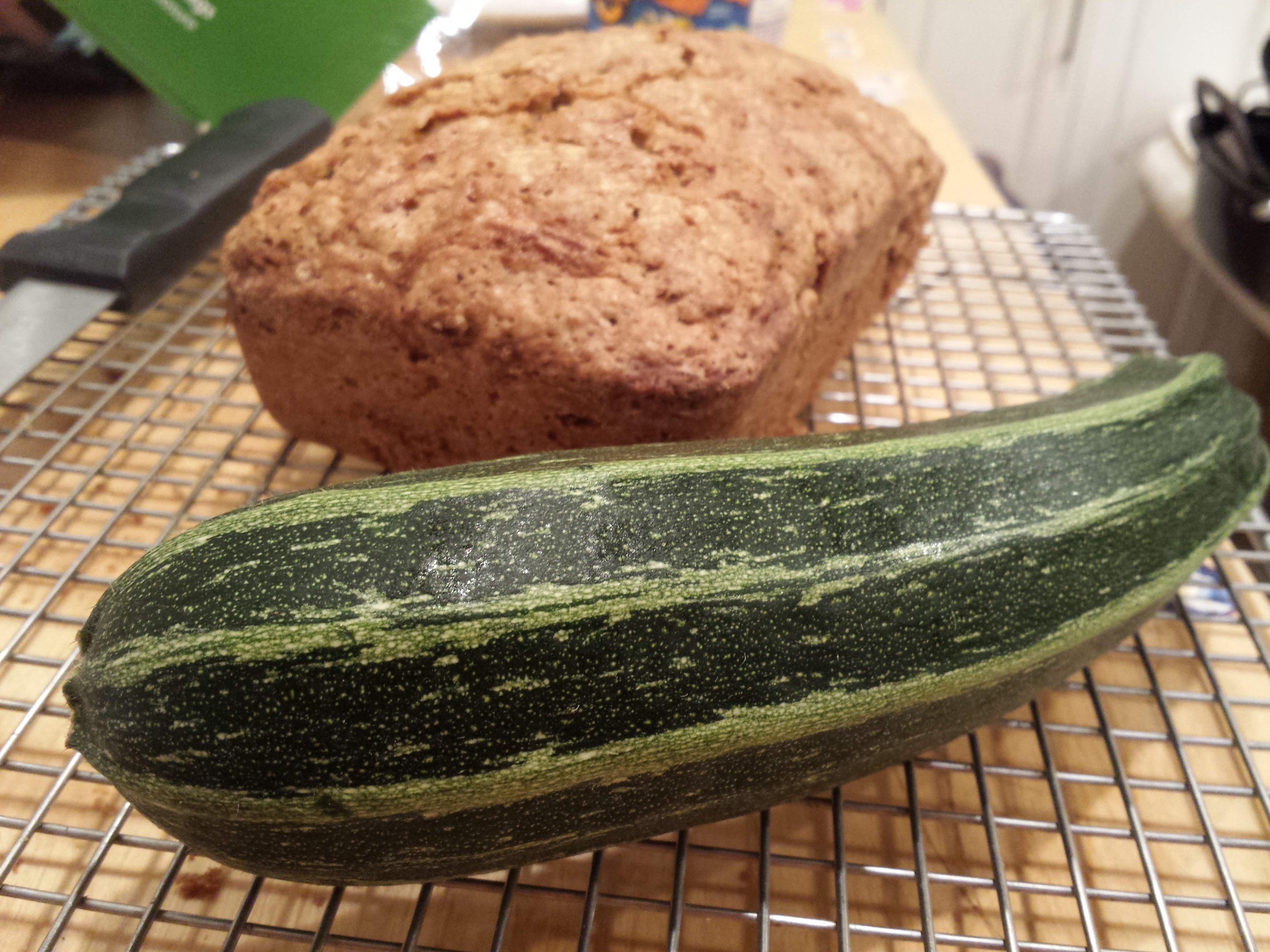Zucchini Season
Cynthia Prescott, University of North Dakota
Editor’s Note: This essay is a taste of the bounty that will be published in the Rural Women’s Studies Association’s forthcoming volume, Backstories: The Kitchen Table Talk Cookbook. We encourage you to contribute your own recipes, memories, artwork, and critical essays on foodways to Backstories!
Growing up in suburban Ohio in the 1980s, my family grew a vegetable garden every summer. My father tended our grassy lawn, dumping the grass clippings into our compost pile. While our neighbors didn’t appreciate the compost pile’s appearance, they joined us in benefiting from its work. Over time, that compost—combined with manure provided by a family friend who kept horses on his property on the outskirts of the city—served to replace top soil that had been stripped by developers who mass-produced modest three-bedroom split-level houses in our neighborhood in 1959.
That garden produced a variety of vegetables, including the hundreds of tomatoes that my mother loved eating but hated to can, and plenty of zucchini squash. We often ate a side dish of sautéed zucchini with tomatoes, onions, and cheese. But our favorite use for it was zucchini bread.
It seemed impossible not to over-produce zucchini. Zucchini vines always seemed to threaten to take over the rest of the roughly 20×10-foot garden, if not the entire yard. In zucchini season, it was hard to pick and eat them quickly enough. We were glad to share with our neighbors and friends, but it seemed like everyone who liked zucchini was also overproducing squash. Local lore advised to lock your car doors during zucchini season, lest strangers unload their unwanted squash in your overheated vehicle. (A better 21st century solution: donate your surplus to a local food pantry that accepts fresh produce.)
No matter how diligent we were in harvesting the zucchini, we’d always miss a few, which would seemingly overnight grow to the size of baseball bats. We considered those behemoths inedible, so my mom would leave them out by the road on trash day. Usually a refuse worker or other passerby would claim them, probably to make zucchini bread.

Temaciejewski [CC BY-SA 3.0 (https://creativecommons.org/licenses/by-sa/3.0)]
